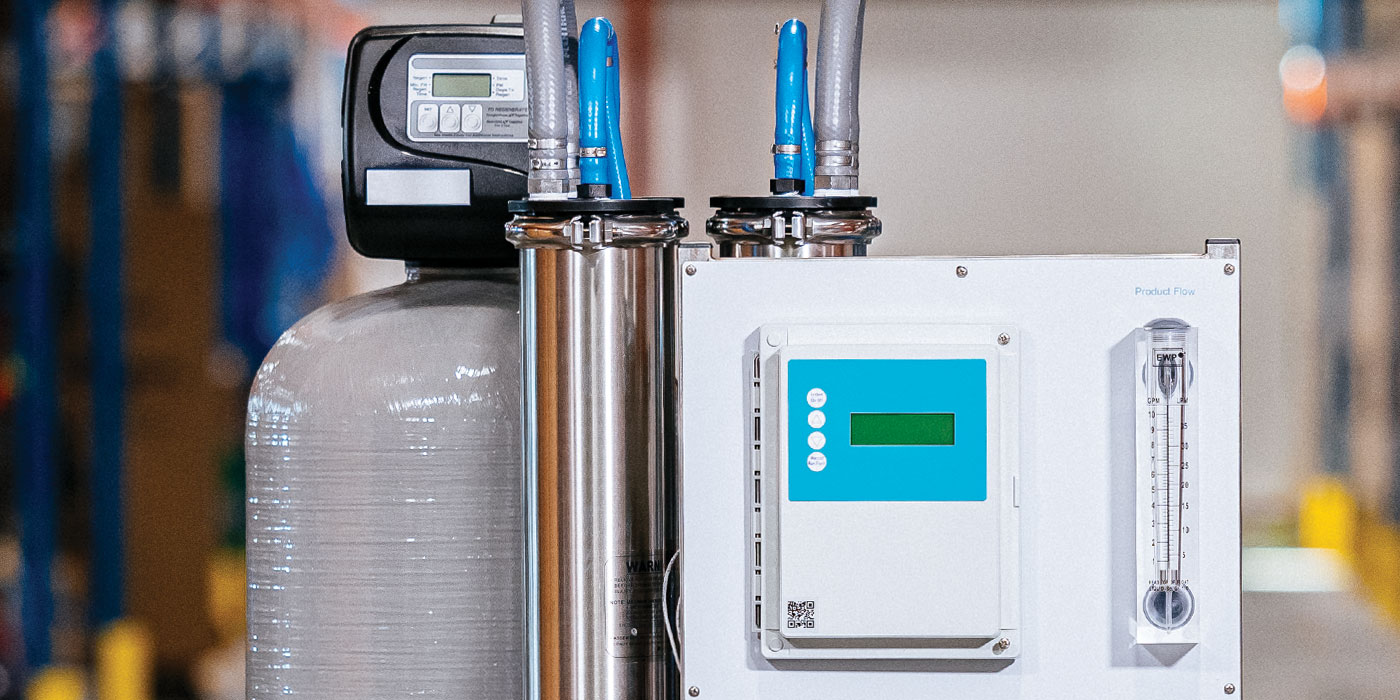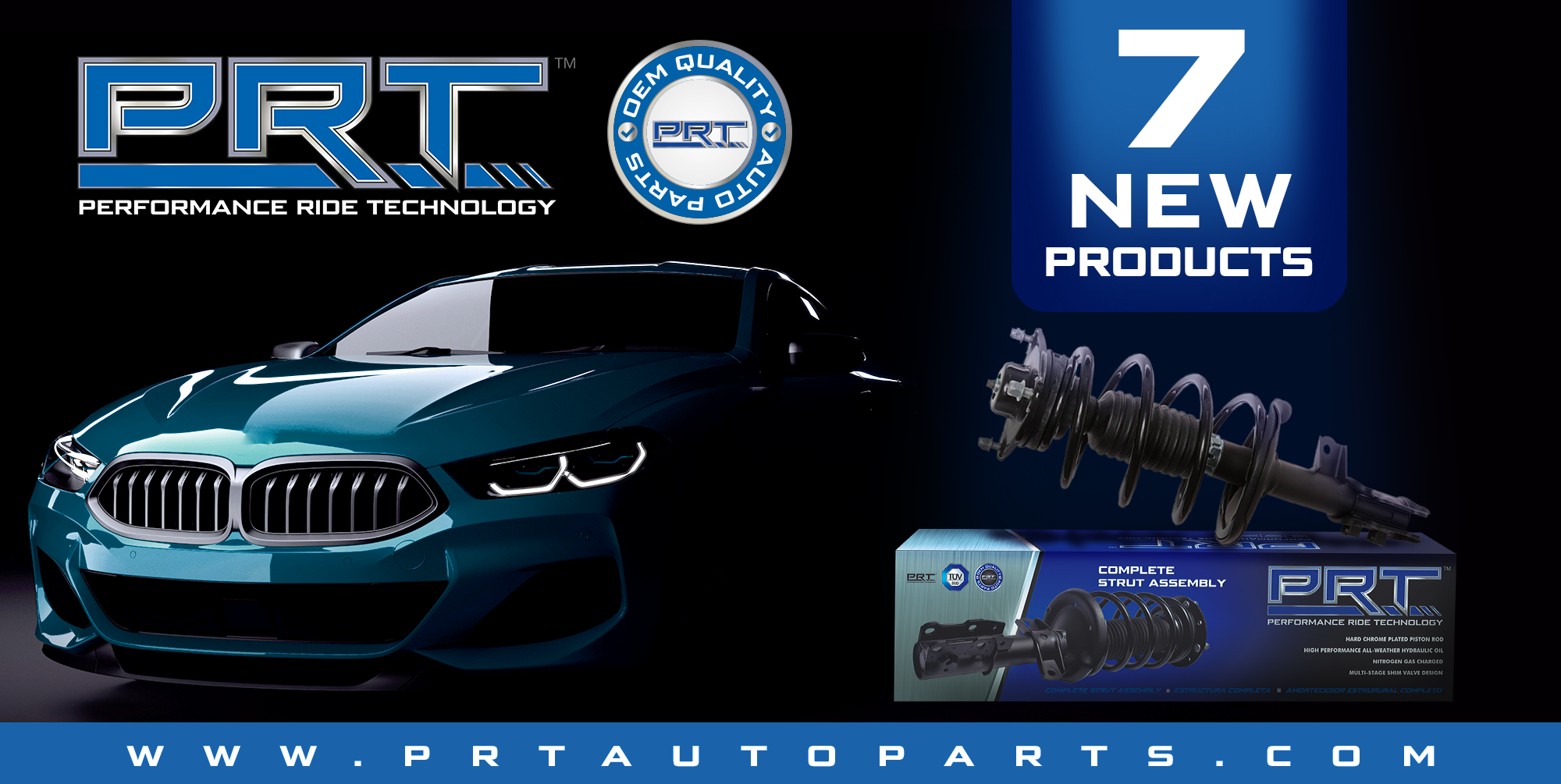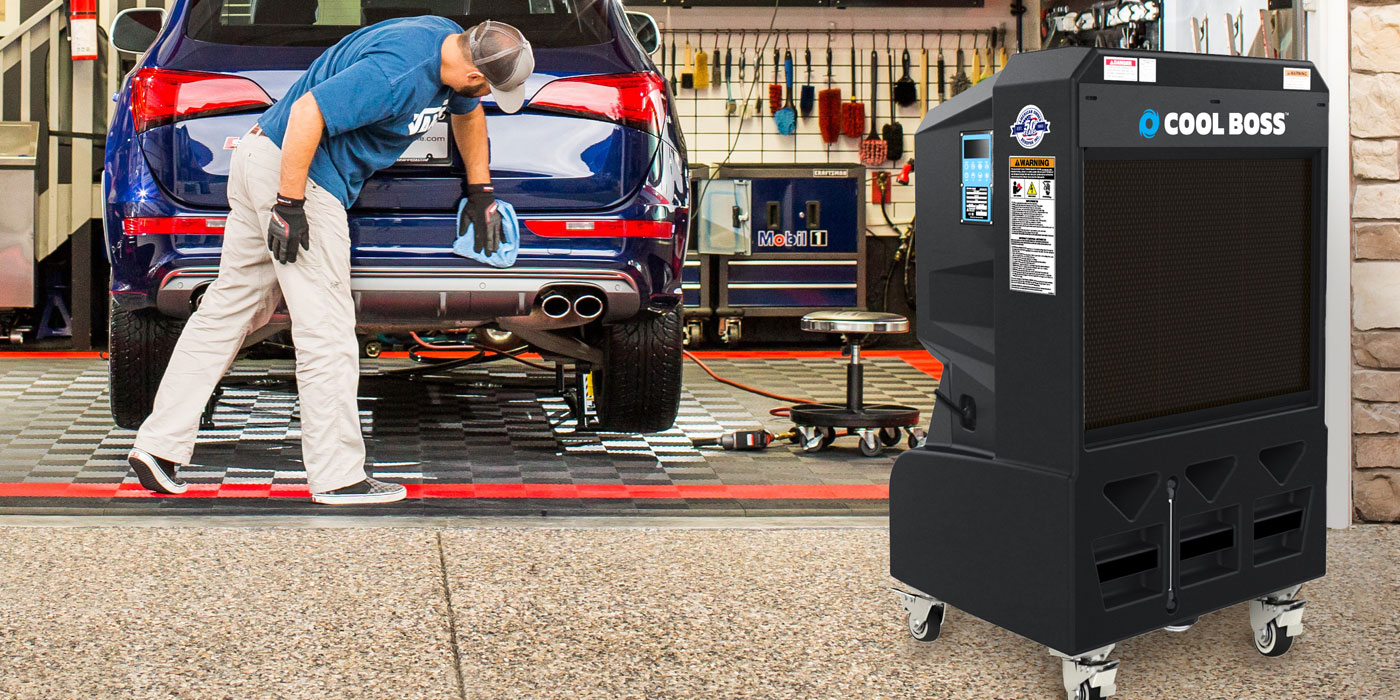The carwash business in 2012 is in adjustment mode, the good, the bad and the ugly.
For anyone buying, selling or attempting to build a full-service, express and self-service carwash, this article is paramount reading. Existing owners often are in "value denial," especially those owners that were in the carwash business during the years 1995-2008. During the past full-service carwash years, owners got used to hearing inflated sale prices and cannot comprehend the current "price adjustment reality check." Over the last eight years, I have crafted similar articles and seminars regarding carwash values. As recently as last October I was guest speaker at the Western Carwash Association Show in San Diego.
People, the market is changing with every short sale or bankruptcy our company sells. I have delivered then, as now, the "how to" approach of valuing a carwash geared toward the neophyte, with simple and reasonable tools for evaluating a wash's value. I will offer the current equations for carwash values later in this article, but there are some dramatic components that have affected the wash values since 2006.
- Full-serves having to adapt to the express model
- Self-service customers converted to express
- Express carwashes being built
The reality is, the carwash customer is being converted and addicted to speed and economy. Hence, the wash industry has to adapt to the $5 express wash and meet the appetite of the frugal customer, not to the carwash owner.
Full-service wash (FS)
Values have declined by 30-40 percent generally across the U.S. Yes there are exceptions in affluent venues, but the discretionary income that fueled the 1995-2006 "carwash boom" era ended when the economy dictated our existing financial epidemic. The express wash concept has converted many of their customers. We can concentrate on exceptional service to woo customers, but the budget carwash customers generally just want value and are willing to compromise on some quality. The antidote for the express concept added to an existing full-service operation is difficult since they are gambling on converting their own $18 ticket customers to a $5 ticket for fear of losing them. Guess what, the payroll doesn't change, just the gross sales. Gasoline prices that are rising are a barometer of carwashing frequency, need I say more.
The values to calculate a value for a full-service are based on gross sales and EBIDTA, and have drastically changed from the 2006 benchmark era. From 1995 to 2006, full-service washes were increasing in gross sales and price increases with little customer objection. Simply put, carwash owners made more profit when customers had discretionary income to spend. Carwash owners' "exit strategy" was also easy and profitable, with a history of rising sales and the real estate raising, all the components added up to an insulated winning exit sale equation for FS sellers. Washes are valued by a multiple based off the gross sales called EBIDTA which is approximately 30-33 percent of the gross, times a factor. Gross sales go down, so does the EBIDTA drop, hence values go "boom." Over the last six years the recognized factor of EBIDTA has declined from 6.8-8 to today's 4.6-6.
As an example, gross sales excluding any fuel sales is $1.5 million times 30 percent = $450,000 EBIDTA, times a factor of say 5 = $2.225 million (that includes the real estate and business). In the event there is fuel at the site, take .08 cents per gallon for the current year and times it by the gross gallons pumped and add it to the gross sales times 30 percent. Yes, I know it costs over $3.5 million to build a "generic" FS site.
Land (40,000-60,000 square feet at $10-25 per square foot)
+ Building ($150 per square foot)
+ Equipment ($450,000)
+ Convenience Store ($150,000)
+ Lube ($300,000)
+ Landscaping ($100,000)
+ Signage ($50,000)
+ Water and sewer hookups ($100-$200,000-400,000)
+ Soft Costs ($200,000)
+ Start Up ($150,000)
+ ADVO ($25,000)
= $3.5-$4 million
So educate me, how attractive is buying an existing wash today versus building a new one? The goal here is to get the gross sales back to $2.1 million + per year and FS washes can command the past $3.8-$4.2 million sales range. A few caveats to the above FS equations is you need at least three current consistent years of books, absent any records that the wash is just worth the depreciated assets. All books and documented records are essential, and a lender has to bank the deal, and requires a minimum of 30 percent down.
Lastly, if you are trying to assess the business only, use the EBIDTA times 2-2.5. Notice the difference, the FS 4.6-6 multiplier for the land and business vs. the business only; it's the land and building component.
Express washes (EX)
Values are calculated as a multiple of the gross sales, not EBIDTA. This hybrid wash started evolving in around 2006 as an alternative to the long wash time and high priced FS carwash. It resembles the FS model except that it has typically a longer tunnel, about 140 feet, and can wash 7,000-10,000 cars per month, typically offering free vacuuming. The price point starts typically at $3, and goes to $5, $7 and then $9. Pretty simple, for a five minute wash with a national average of $5-6 per car, is defiantly the "wave of the future." The key point here is the payroll, 11-18 percent for EX vs. the FS 40-52 percent, which makes this EX wash investment a superior value, especially for the absentee owner. In 2006 the FS was 66 percent of the Total Available Market (TAM), and EX wash 20 percent. Today the percentage has reversed. Since the advent of this aggressive hybrid EX model carwash there have been many conversions and new builds. Building an EX from the ground up, dependent on the land prices, generally costs $2.7-3.1 million. The first two-year goal for the EX is 8,000-10,000 cars per month and a realistic average of $5-$6 per car in the U.S. After a maturity of three years, the wash should be generating $750,000-$1 million in gross sales. We use a multiplier of 4.3-5 times the gross sales "all in" to calculate the value. The example here of $1 million gross sales times 4.3 equals a value of $4.3 million. It is still premature to value an EX without the land, since there is not enough sales history to for the EX business to date.
Unfortunately, many of the EX new builds and conversions have entered the sacred three-mile radius of an existing EX, the TAM then becomes congested, and 10,000 cars per month per location is compromised. The "old adage" of the three Ls (location, location, and location) in successful real estate prevails. The antidote for excessive EX washes in any venue, is twofold: Carwash equipment suppliers and chemical suppliers discourage neophytes to build within an existing EX's three-mile radius, and planning and zoning keeps the supply of building permits released related to the population. Remember, there are only so many carwash customers in a three-mile radius. An additional flashy new EX doesn't add customers, it just splits the pie.
Self service (SS)
The typical 4-6 bay self-service (coin operated) carwash with a single in-bay automatic tunnel has currently adjusted negatively to 3-4 times the gross sales "all in"; if the business only, 2-3 times the gross. The operation has not experienced any dramatic technology changes, with the exception of the customer base declining. Again, since the EX washes have infiltrated the FS market it has affected the SS perception. The current wash statistics reveal a $3.75 income per bay per customer. The once loyal SS customer is now, too, being converted to the $5 EX profile with free vacuuming. The owners of these washes are generally on-site and do all the collections. There are ways of determining the true gross sales dependent on the percent of an owner's water usage, utility bills and chemical receipts, on the owner's P&Ls and utility bills. If you're not an expert in the wash industry, the neophyte needs to hire a consultant or walk from the deal. The cost to build a SS wash today has not changed much over the last five years, but is almost prohibitive based on the following costs:
Land (30,000 square feet at $10-20 per square foot)
+ Building and equipment (4-6 bays at $70,000 per bay)
+ Building & automatic ($250,000)
+ Water and sewer hookup and utilities to the site ($150,000)
+ Soft costs and zoning ($100,000)
+ Landscaping ($50,000)
= $1.5 million-$2 million for a 6-bay SS with one automatic bay with land.
The challenge today with SS survival is that the average customer in the self-serve bay has to justify not going to the EX wash with a base wash of $3-$5, with free vacuuming. Notwithstanding, there is a "saving grace" of the SS wash customer, especially in rural areas that have a need for ATVs and other sport related vehicles that will always require the SS applications. The problem is the SS market today has to maintain a minimum of $180,000 gross annual sales to make a 28 percent profit. This is generally based on a typical four to six bay self-service with one automatic. The industry standard for income is $2,000 per SS per month, and the total sum of all the bays per month is about 60 percent of what the automatic should gross. If you use that equation the gross sales for a typical 6 + 1 should be at $180,000-$240,000, times a value multiplier of say 5 = $900,000-$1.2 million. Remember what it costs to build a reasonable SS wash.
So, what does it all mean?
Since 2006 I have been writing and delivering seminars on "valuing your carwash" and the values have all been declining, whether it's due to the economy or excessive completion. But I believe we have seen the worst, and we are on the mend. There are less short sales and there's a gain in traditional bank approvals for reasonable carwash re-sales.
As I have stated in the past, the above current valuations are at best an art not a science, since each wash has its own personality and therefore each value is only an estimate. Rely on experts, buyer brokers, CPAs and carwash consultants who are unbiased to clearly evaluate the wash's hygiene (books and records and trends) and please be careful of salespeople who are eager to convince you they are an expert, only to provide you with an inflated and embellished estimate.
The values discussed are only estimates and to be used as a guide. The most important insurance policy for a buyer or owner in obtaining a current value is to spend the money and hire an expert to evaluate the wash who is savvy to the wash industry and/or pay for an appraisal or opinion of value. Conversely, to the respected certified MAI appraiser, there is a common report called an Opinion of Value (OOV). Buyers who would like an unbiased "opinion of value" as to the value of a wash prior to making an offer, or a lender who wants a spot check as to their carwash loan portfolio, will be eager to have an OOV from an expert in the carwash field rather than an appraiser who is a general practitioner. There is no negotiation to the Carwash Golden Rule which is: Get an expert to evaluate each model and have an exit strategy. It has historically saved 10-20 percent devastation for over or under paying for washes, I have found in the last 28 years.
Roger A. Pencek molded his mergers and acquisitions career in management capacity at General Motors Corporation and International Harvester upon graduating from Western Illinois University in 1974. In 1985 he founded ABI L.L.C. (Acquisitions, Businesses & Investments L.L.C.) which specializes in the sale of businesses in the $250K-$20MM range. For the last 20 years he has been gaining the reputation of being the "Car Wash Broker" specializing in the sale of washes in the Pacific Southwest. He also owns "Car Wash Brokers, Inc.," (CWB, Inc.) a national company specializing in carwash sales.













